Missing Malaysia Airlines Flight MH370: The news story of 2014
Why haven't we been able to locate this plane, in the digital age?
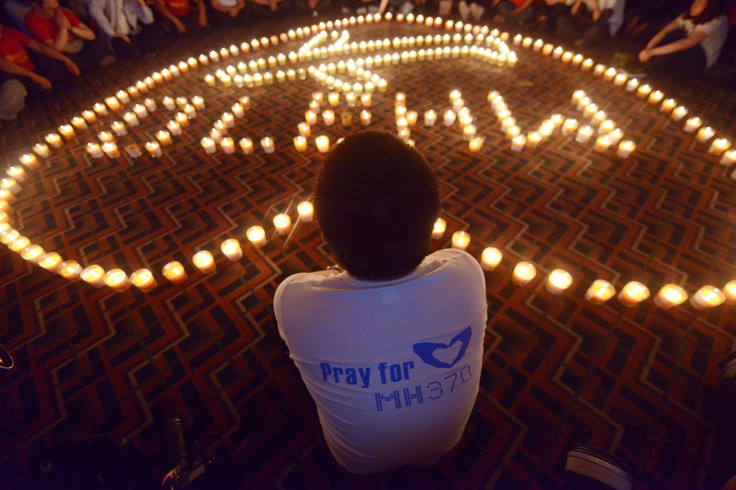
What will 2014 go down in history for?
Will it be most remembered for the multiple atrocities committed by terror groups across the world? The horrific massacre of innocent children in Peshawar, the beheadings committed by Islamic State aimed at instilling fear into the masses, the Ukraine war, or Boko Horam kidnapping 200 girls in Nigeria, whose whereabouts remain unknown.

Or will it be Australia, once regarded as one of the most safest countries in the world until Islamic extremist Man Haron Monis took 17 people as hostage at a Lindt cafe, situated in a normally quiet area in Sydney's financial district. Shop manager Tori Johnson and Katrina Dawson were the two hostages who lost their lives in the bloody climax including Moni himself.
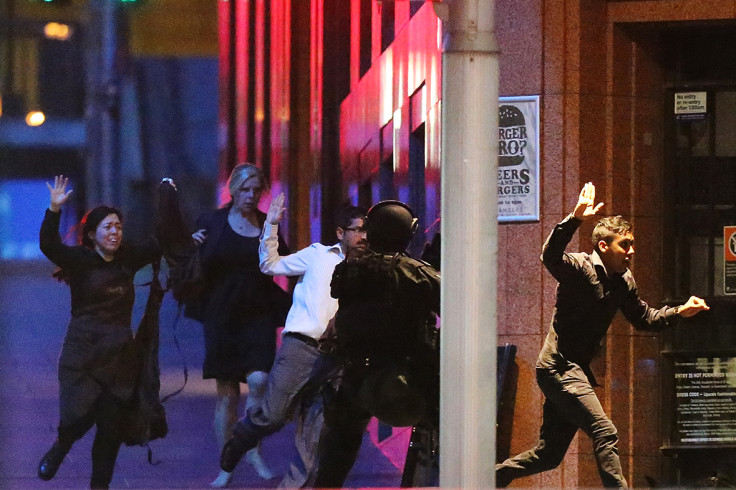
Then there's the devastating Ebola outbreak that has claimed almost 8,000 lives in West Africa, which still shows no sign of abating.
It has now been brought closer to home just this week with the UK's first diagnosed case that of Scottish nurse Pauline Cafferkey, whose condition is said to be stable while being treated at an isolation unit at a London hospital.
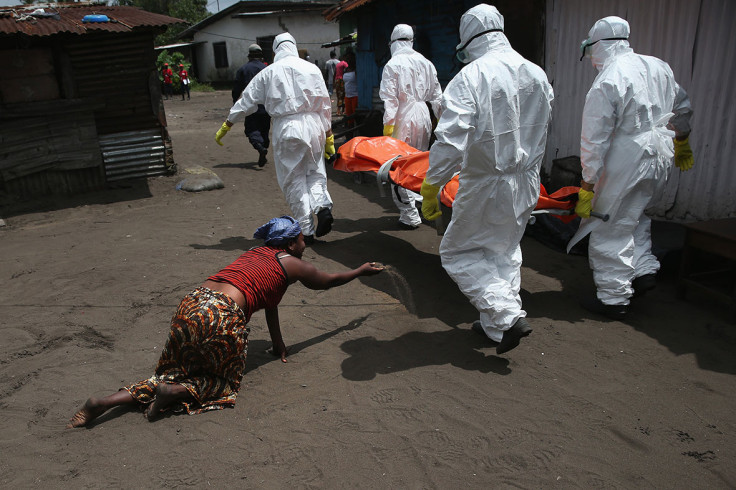
Let's also not forget that Great Britain itself nearly came to an end when more than a million defiant Scots voted to eradicate our 300-year-old union to become an independent country. The No option won 55.3% of the vote, compared to the 44.7% who supported the Yes campaign.
Maybe for football fans, it'll be Brazil's humiliating 7-1 defeat against Germany in the World Cup final as an event forever etched in people's memories.
Or is it more likely the year of tragic Malaysian-based aeroplane disasters that will forever stay in the minds of people? Shockingly, the Singapore AirAsia bound flight crashed into the Java Sea and 162 people were killed. The bodies of whom are now being recovered from the ocean – some poignantly still wearing life jackets, indicating that the Airbus A320-200 was intact when it hit the water.
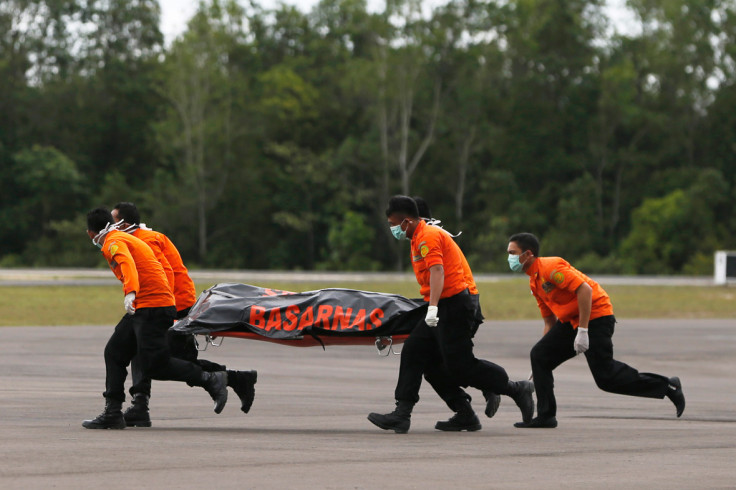
Earlier in July, Malaysia Airlines MH17 was shot down over eastern Ukraine by suspected pro-Russian separatists wiping out 298 civilians in an instant.
Both admittedly are surreal and deeply tragic incidents, where relatives will mourn forever for those lives lost. At least there is some minor comfort, however, minuscule, for families actually knowing what happened to their loved ones and we are placated to some degree as we see an outcome.
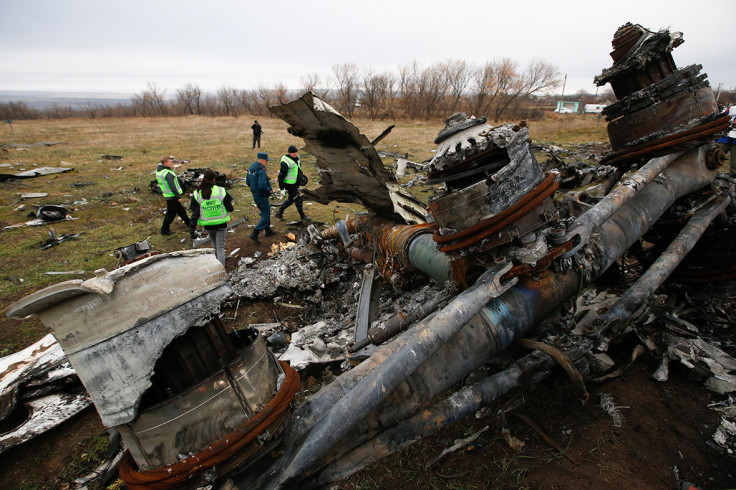
But the one event that will remain on everyone's lips either in the pub, in front of the box, or at the water coolers at work is the unsolved mystery of the disappearance of Malaysia Airlines flight MH370.
Everyone still asks the same question: How can a Boeing 777 fall out of the sky and not be found? Two hundred and ninety eight people just vanished into thin air.
In a digital age where we are able to find our iPhone via GPS if we lose it, it seems ludicrous that there is no device available on earth to track this plane. It's both pitiful and especially heart-wrenching for those victims' families who have had to get on with life without having had any closure.
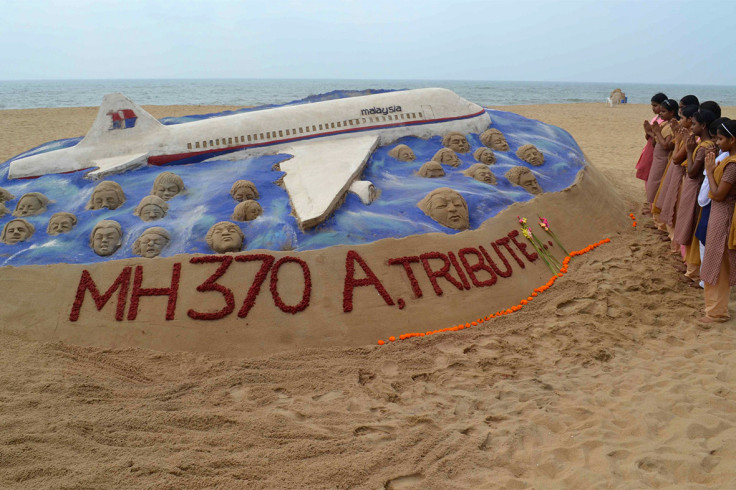
There's so many facets to this mystery making it the Mary Celeste of our time that it has sent many conspiracy theorists into overdrive. But also to the average man in the street who is not ignorant to the fact that there is more that meets with the eye with this tragedy.
It becomes immediately suspicious when a plane, which has flown on countless trips before to Beijing from Kuala Lumpur less than an hour and half into its flight veers off its normal course and does not send out any distress signal.
The Malaysian authorities then admit the plane's transponder, which emits an identifying signal, was turned off or in the words of their Prime Minister Najib Razak "deliberately disabled", which is neither comforting or useful.
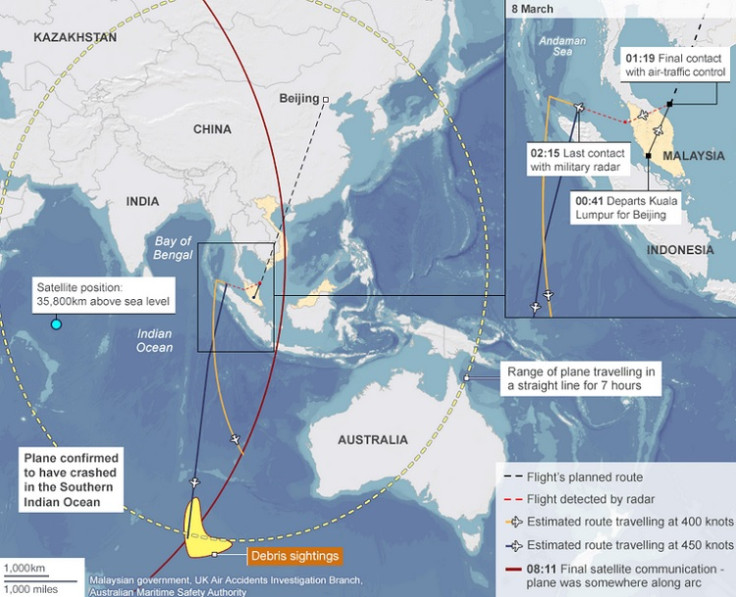
So we know the plane's computers were sabotaged even the authorities have admitted that but we don't know why or by who and this is where the endless theories begin to surface.
Was it a hijacking? Then by who exactly? The Afghans or the so-called Black Hand group aimed at destroying Malaysia's travel industry? Or was it a pilot suicide mission? Was stealth technology deployed to make the plane undetectable from radar? Could the plane be hiding somewhere on an island ready to be used again in a possible terrorist attack? You may discount such incredulous suggestions but employing any sense of rationale does not come into play when trying to explain the disappearance of MH370.

Nine months on and there are still so many unanswered questions. Why was not a distress call sent out by the plane? Why on earth has not one piece of debris been found? Just four days into the search for QZ8501 it was found. Yes, the waters of the Java Sea are far shallower than the deep Indian Ocean but doesn't it make the tale of MH370 even more frustrating?
Deep sea explorer Robert Ballard was just given 12 days by the US Navy to find Titanic in the Atlantic in 1985 and that ocean is larger than the Indian Ocean. The Atlantic Ocean covers an area of 76,762,000 sq km (29,630,00 sq miles) compared to the Indian Ocean which reaches an area of 68,556,000 sq km, and both do not differ much in depth. The average depth of the Indian Ocean is 3,900m (10,800ft). The Air France plane AF447 lost between Rio and Paris in 2009, was found at that depth. Although it took search teams two years to discover it, despite wreckage appearing on the surface.
Then there was the junior military radar operator who spotted MH370 re-entering Malaysia air space, but failed to call his superior that he may have seen something out of the ordinary. The military force said it decided against sending jets up to investigate, bcause the aircraft "was not deemed hostile".
When Razak was asked by CNN's Richard Quest at the time: "Don't you find that troubling, that a civil aircraft can turn back, fly across the country, and nobody thinks to go up and have a look?" He avoids the question entirely and lamely replies: "You see, coming back to my earlier statement was that they were not sure whether it was MH370."
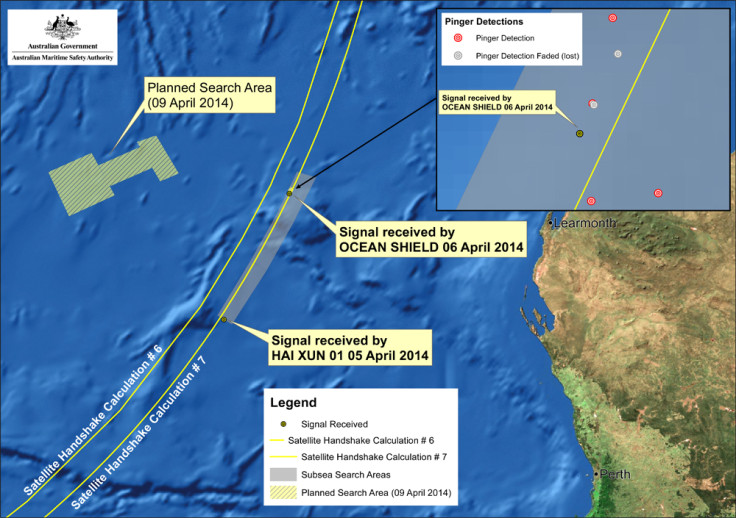
Pitiful. Shouldn't someone's head roll for that blunder? The country should hang its head in shame. More bungles start to emerge with Indonesian, Thai, and Indian military air forces then failing to track the Boeing 777.
It is these "what if" moments that makes the tale of MH370 so harrowing, making you want to shout if only someone had used their brain to help save those lives or at least bring some clarity to one of biggest aviation mysteries of all time.
Instead the flight was able to carry on flying for seven hours before it met its fate and crashed into the Indian Ocean based on satellite data retrieved via the plane.
So we now have to be content with the endless drab search updates that are not "extraordinary" but dull as the murky waters being scoured. Lets just hope the numerous search vessels are in the right part of the Indian Ocean. Lets at least get something right – even if it is only for the sake of the victims' families.
© Copyright IBTimes 2025. All rights reserved.






















